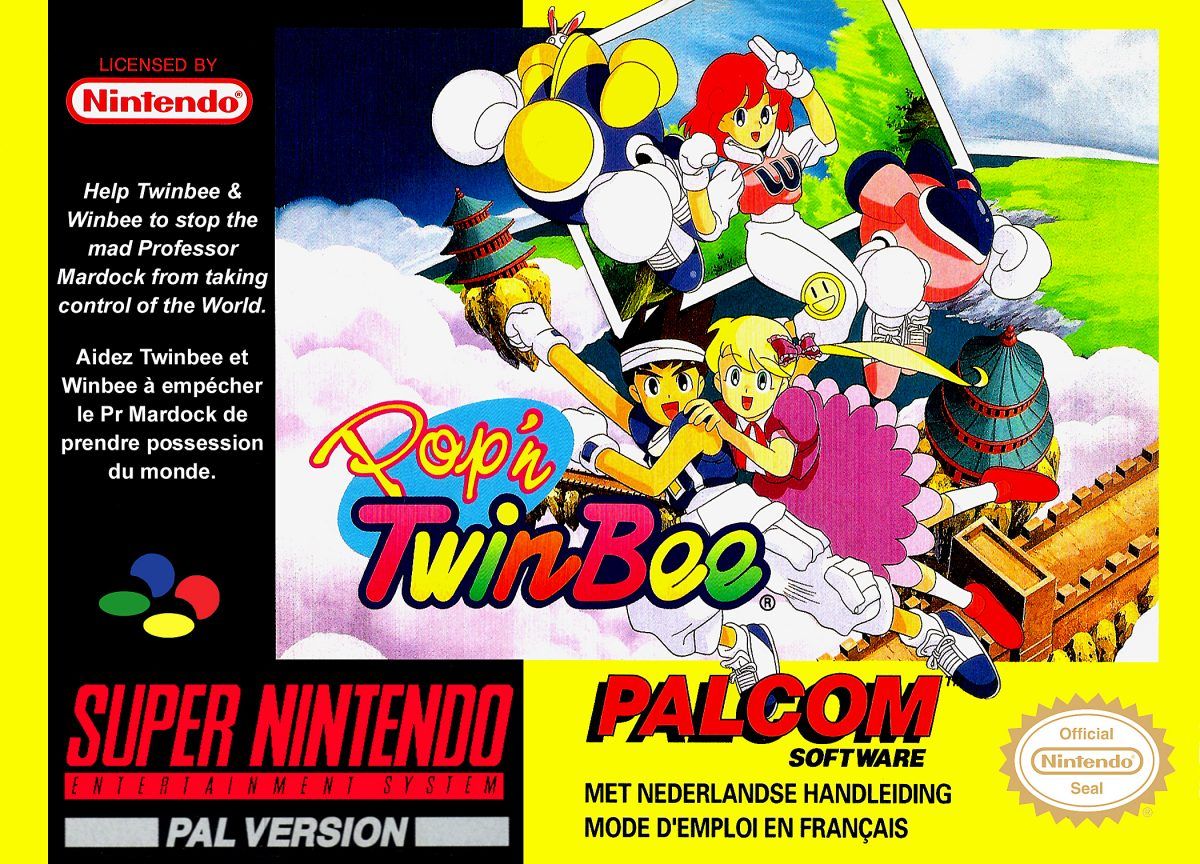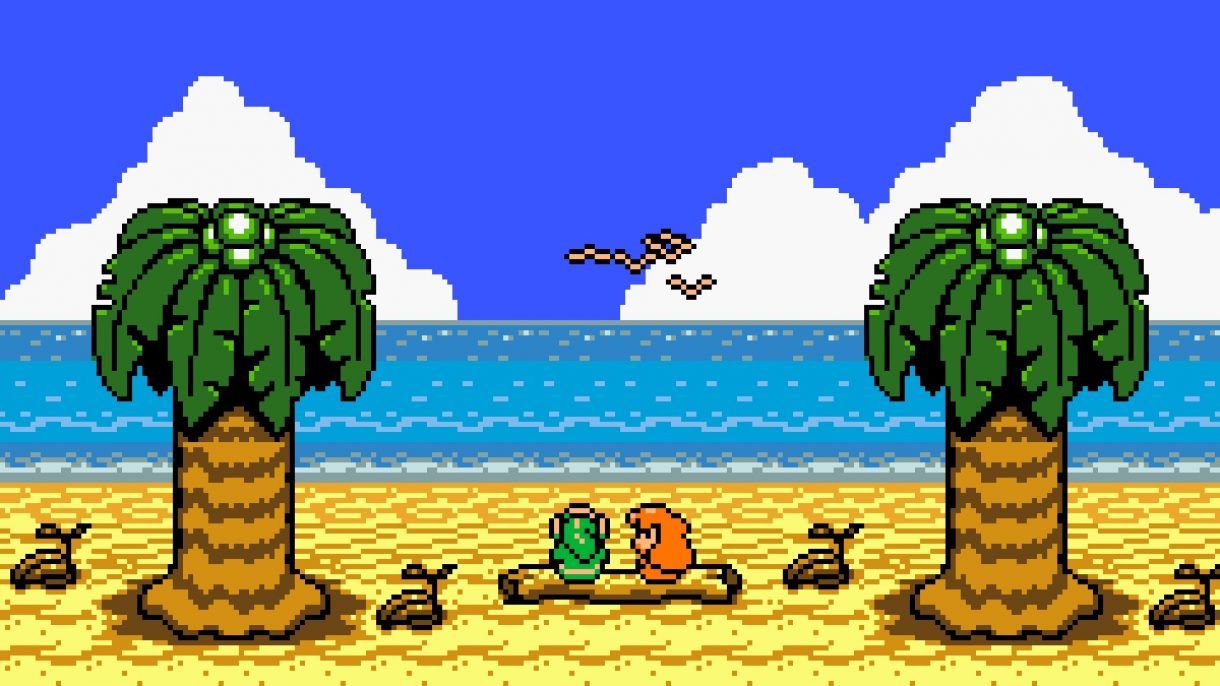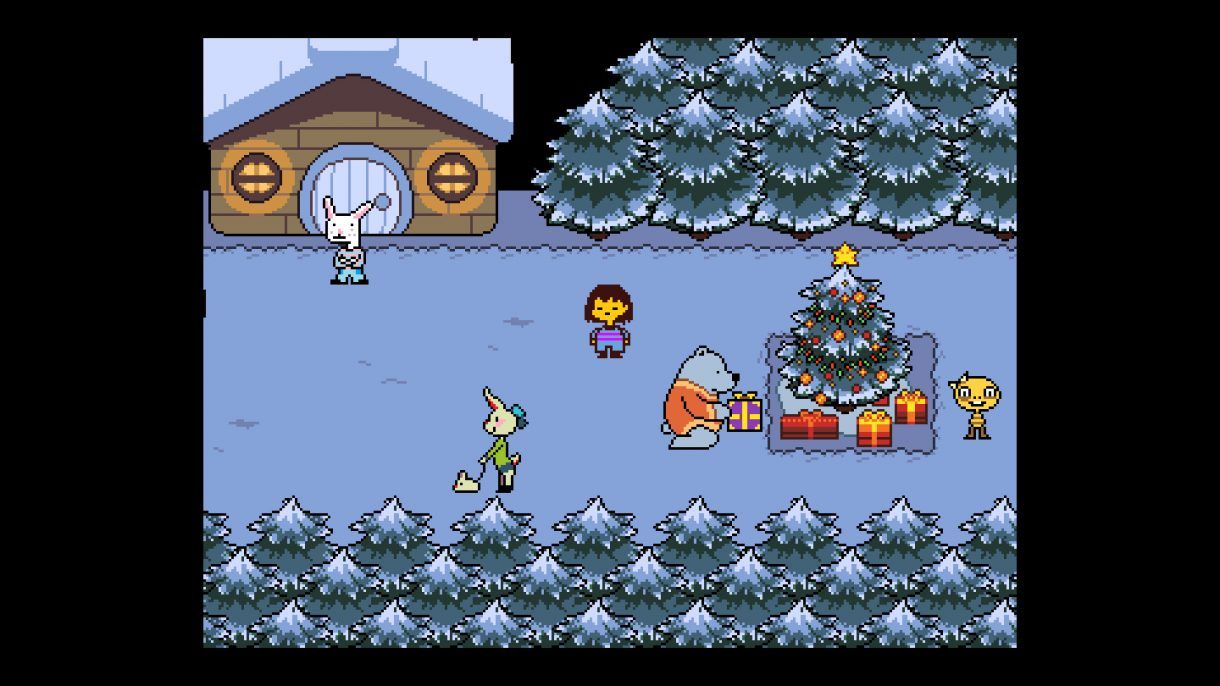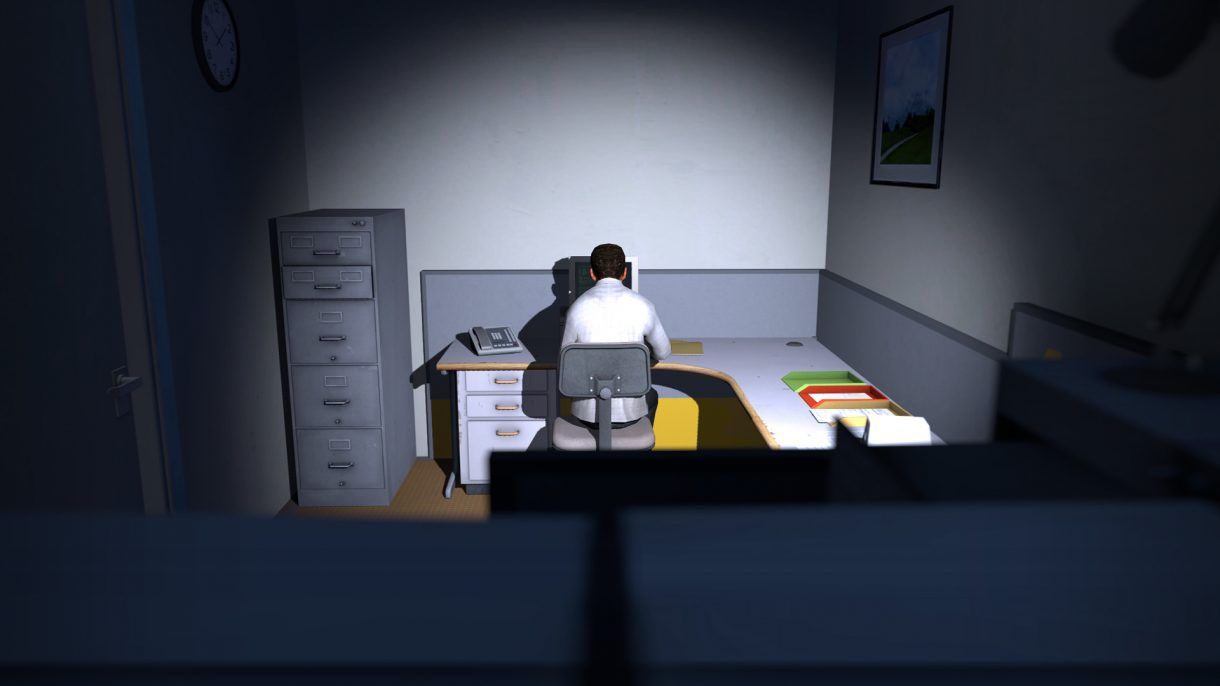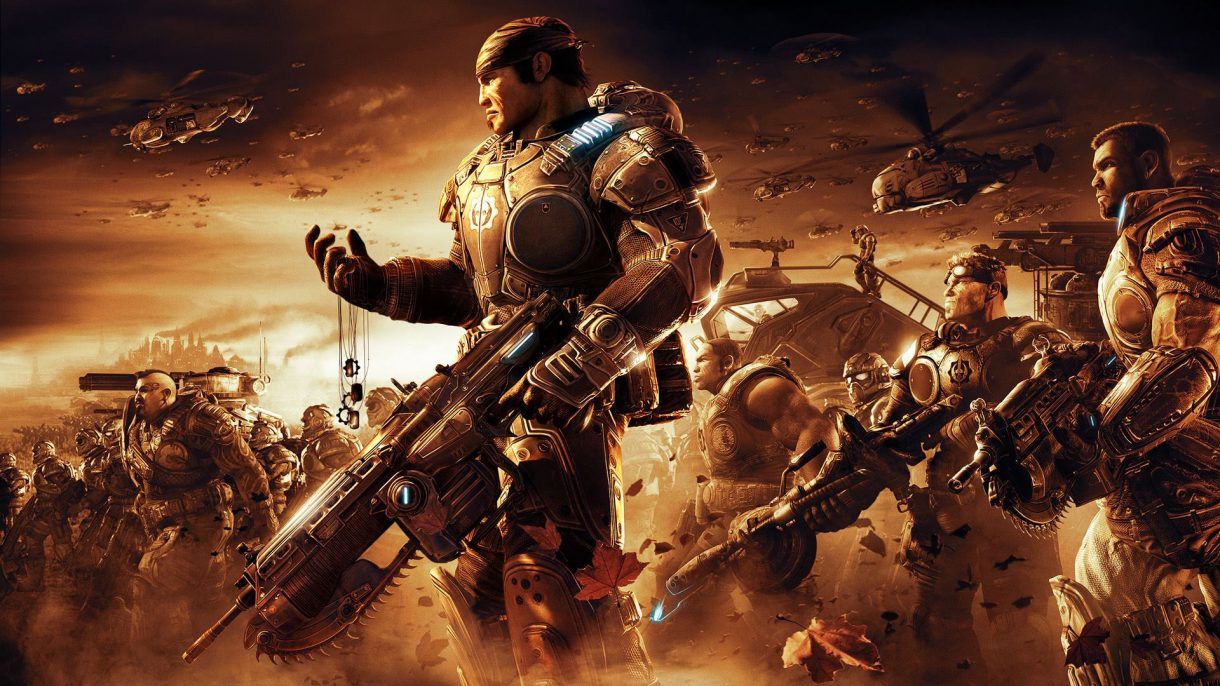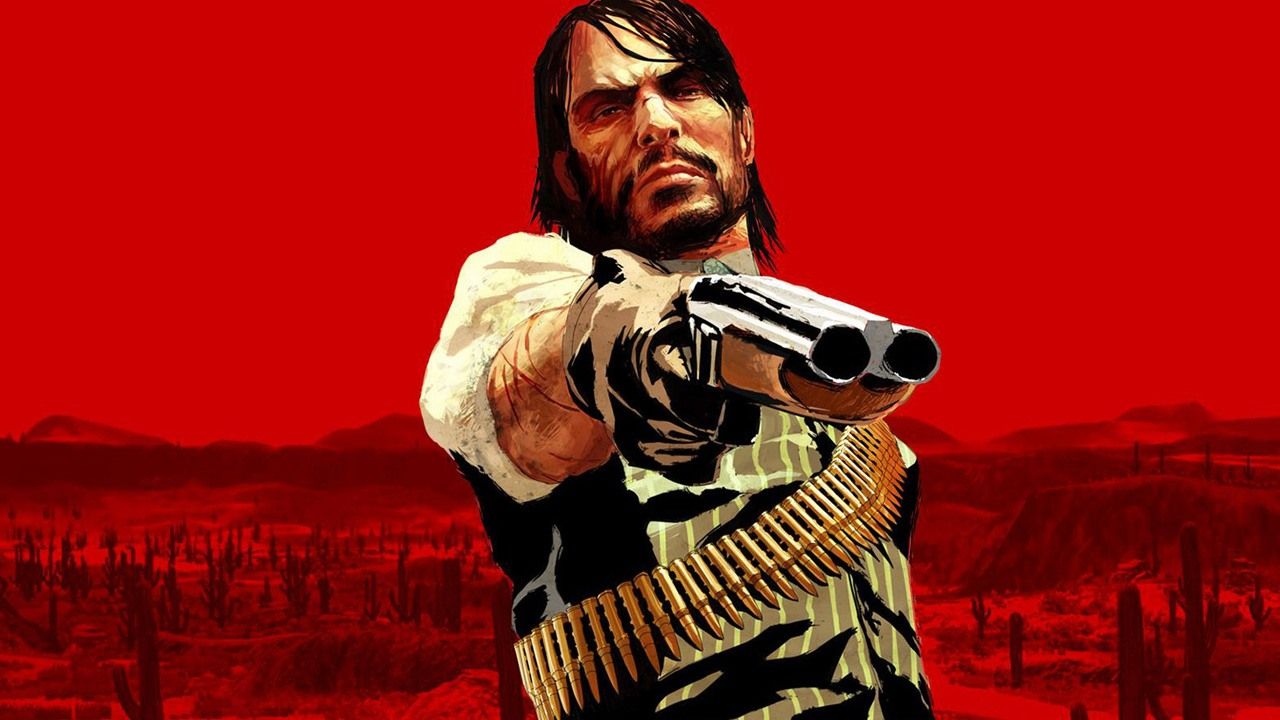Cheating in video games has been around nearly as long as video games themselves. It could be an attempt to progress through the game faster, troll your opponents, or any variation in between. Whether it be through the use of cheat codes, unfair gameplay, or hacking the game’s data, many gamers simply have a fascination with taking unorthodox approaches to playing the games they love.
There are some game developers who see cheating as an inherent part of the gaming landscape. For example, games like Assassin’s Creed III and Clockwork Knight 2, go so far as to include Easter eggs and other hidden gems in their games that are only accessible using cheat codes.
Other developers, however, can’t stand the idea of cheaters in their games. It’s an understandable point of view, as they put so much time into the development and creation of a game. They have a strong vision of how the game is supposed to be played and will not tolerate any alternative ways of playing. Some creators have even gone so far as to add anti-cheat tactics to their games. These methods can vary from the wildly hilarious to severely cruel.
Here are the 15 Video Games That Severely Punish The Player For Cheating.
Pop’n TwinBee
The Konami Code is likely to go down as the most famous cheat code in video game history. First appearing in Konami titles like Gradius, Contra, and Castlevania, the familiar ↑↑↓↓←→←→BA combination, usually rewarded the player by making the game easier. They included such bonuses as getting enhanced powers or attacks and receiving a bunch of extra lives.
In 1993, Konami's release of Pop’n TwinBee had a surprise in store for players who entered the code. After inputting the Konami code on the SNES shoot ‘em up caused the player’s plane to plummet to the ground, almost always causing the player to restart the level.
The idea to punish users of the Konami Code is not exclusive to Pop’n TwinBee, having also been used to blow up Lara Croft in Tomb Raider II, and to destroy the player in Parodius! From Myth to Laughter.
Counter-Strike: Global Offensive
The Counter-Strike series is one of the most popular of all time. It is one of the most successful games in the first-person shooter genre, with over 25 million copies sold across all four entries. The latest title, Counter-Strike: Global Offensive, was a hit amongst critics and players alike. If there’s one thing that the series has become known for, it has to be the passionate online community.
The subject of many competitive gaming tournaments, Counter-Strike: Global Offensive took a unique approach in dealing with players attempting to cheat during multiplayer matches. A system called Overwatch, not to be confused with the game of the same name, was developed for regular online play and can monitor matches in the event of suspicious activity. If Overwatch determines that a player is cheating, a ban, varying in severity, will be applied to the player's account.
This tactic is unique from other anti-cheating strategies, in that the Overwatch system is made up of fellow Global Offensive players, meaning that if you got ousted for cheating, it was by a fellow player.
Link's Awakening
Link’s Awakening was the first time players got to bring their favourite Hylian outside of their living rooms. Released in 1993 for the Game Boy, the 4th installment of the Legend of Zelda series was greatly received by critics and players. The game was praised mainly for its storyline and fun, action-adventure gameplay.
Despite the good-hearted nature of Link’s Awakening, the game’s developers were very clear in showing their disapproval of shoplifting. At one point, the player has the option of stealing a weapon rather than paying for it. While the game initially lets players continue as normal, they will soon find out that their thievery has not gone unnoticed.
All other characters in Link’s Awakening now refer to the title character as “THIEF,” never letting the player forget their wrongdoings. Even worse, if the player has the guts to return to the shop they stole from, the owner is now capable of a special attack that insta-kills Link.
Descent II
An early force in the first-person shooter genre, 1995’s Descent captivated players with its maze-like structure and fast-paced game play. Players were made to fight evil robots from the comfort of their ship, utilizing an innovative directional system for the time.
While the original Descent allowed players to input various cheat codes by entering the phrase “gabbagabbahey,” the 1996 sequel Descent II had higher expectations of its players. Rather than granting players access to a wide array of weapons, extra health, and so on, entering the code in Descent II stripped players of their primary weapon and lowered their health to nearly nothing.
The developers wanted players to know this was a deliberate change, as the phrase “take that…cheater” would appear on screen as the player died.
Animal Crossing
Animal Crossing is a popular social simulation game series that has been a part of Nintendo’s library since 2001. The family-friendly series revolves around exploration, with various objectives to be found by players throughout the game. With no main objective to the games, it may be hard to wrap your head around why the Animal Crossing series is on this list.
Mr. Resetti has been present in all 4 installments of the Animal Crossing series, initially serving as a reminder to players to properly save their progress before turning the game off. In later games, the angry mole punishes players attempting to cheat the game’s time-based checkpoint system.
Mr. Resetti starts giving the player progressively longer lectures on the importance of proper saving after each reset committed by the player. He even makes the player type in an apology in Animal Crossing: Wild World, proving that their attempts to cut corners were wasted.
Superman Returns
The 2006 action game Superman Returns was an EA-developed game which saw the titular character saving Metropolis. While having a somewhat open map for players to explore, Superman Returns’ core gameplay revolved around flying around the map and experimenting with Superman’s powers, acquiring different achievements along the way.
There were some players who attempted to fast-track their progress through the use of cheat codes. Unfortunately for them, the game’s developers were adamant that players complete the game as they had intended. An attempt to use a cheat code unlocks the appropriately named “Not So Super” achievement, which not only gives its recipient zero points in the game, but prevents them from unlocking any of the game’s other achievements.
Although the game was not that well-received, it's recommend to take the legit route if you plan on trying to complete it.
Undertale
Undertale is a 2015 role-playing game made by indie developer Toby Fox. Taking cues from classic RPG’s like Earthbound and the Mario and Luigi series, Undertale was a critical hit. The game was praised for its storytelling, gameplay, and musical score. The game’s multiple endings also upped its replay value, encouraging players to explore its options through multiple play throughs.
Originally released on PC, Undertale’s coding left itself somewhat open for exploration, with some players keen to try and hack the game. Successful hackers were met with an ending that is a bit confusing, to say the least.
Sans the Skeleton tells you that he has no idea how you’ve gotten to this ending, hinting that maybe it’s just a glitch and that the game’s support staff should be notified. He quickly gives up the charade by calling the player out for being a “dirty hacker” before ending the conversation. There’s just no fooling Sans.
Banjo-Kazooie
Another in the line of successful Rare developed games for Nintendo, 1998’s Banjo-Kazooie was a platformer released on the Nintendo 64. Similar to Mario 64, players navigate the game through a combination of platforming elements, solving puzzles and collecting items. Despite the highly praised gameplay, some players were eager to customize their experience through cheat codes.
These players could get away with a few cheat codes, but Banjo-Kazooie had a three strike policy. After entering a third code, Bottles appears and warns the player that continued use of cheats will mean that their save file is deleted.
If the player feels like pressing their luck, Gruntilda shows up and erases their save file. At least they warned you, right?
The Stanley Parable
Originally developed as a mod of the popular game Half-Life 2, The Stanley Parable is an interactive fiction game that was developed into its own title in 2013. The game begins with Stanley in a seemingly normal office setting, before things get increasingly strange.
The game’s story is presented mainly by its narrator, who guides the player’s choices throughout The Stanley Parable. Although players are given the choice to go against the narrator’s advice, he gets increasingly irritated when you do so. What annoys the narrator more than anything is when a player tries to access the cheat menu in the game.
Inputting “sv_cheats 1” brings you to “The Serious Room.” Here, the narrator gives you a long-winded description of how serious the room’s furniture is before telling the player that they are now locked in The Serious Room. Of all The Stanley Parable's possible endings, this one is definitely the most boring.
Max Payne 3
Developed by Rockstar and released in 2012, Max Payne 3 leads the ex-cop turned gun for hire to the favelas of Brazil. The game was praised for its storyline, attention to detail, and intense gameplay, featuring some of the best shooting mechanics the PS3 has to offer.
Max Payne 3 also included a multiplayer mode that quickly developed a passionate online community. As is the case with most multiplayer modes, many players found ways to cheat during matches. Rockstar took a unique approach to dealing with players attempting to use these exploits; a patch was released that matched cheating players exclusively with other cheaters.
Similar anti-cheat tactics have been used in games like Marvel vs. Capcom 3 and are seen by most players as a just punishment.
Grand Theft Auto V
Grand Theft Auto V is the most recent instalment in the 3rd person action-adventure series. The highly anticipated follow-up to 2008’s Grand Theft Auto IV, the open-world game was a hit amongst single-player and multiplayer gaming enthusiasts alike.
Despite GTA being famous for its cheats, which vary from summoning ridiculous vehicles to unlimited ammo, cheating in the online portion of the game was not something Rockstar took kindly to. While minor misconducts could leave a player wearing a Dunce Cap that could not be unequipped, other serious infractions had more destructive consequences.
Some early players of the game discovered that the items they acquired in the single-player story could also be used online, giving them an unfair advantage. Rockstar’s answer to this was rigging the guilty player’s car to blow-up as soon as they tried to exit the vehicle.
Donkey Kong 64
Another Rare/Nintendo collaboration, Donkey Kong 64 is a standout in the world of three dimensional platforming games. Donkey Kong was one of the Nintendo 64’s best-sellers and was highly praised for its gameplay. As is the case with many games, players were curious to see what cheats could be found in Donkey Kong 64.
The most common way for players to use cheat codes in Nintendo 64 games was with the Game Shark. Once inserted in between the cartridge and console, the Game Shark allowed for any number of cheat codes to be inputted into any game the player had available. Those who tried to use the cheat device for Donkey Kong 64, however, were met with an unpleasant surprise.
If the Game Shark was detected, Donkey Kong would be rendered uncontrollable and unable to withstand any damage before dying. This wasn’t a one-time thing either, as the cartridge was now corrupted and would load the same unplayable game each time. No three strikes policy here.
Gears of War 2
Taking some of the best elements from the first game and improving upon them, Gears of War 2 was praised by fans and critics alike. The game’s interesting storyline and expertly designed cover system confirmed it as a core franchise in the Xbox line-up. While the online component may never have reached the heights of Halo, Gears still managed to build up a dedicated multiplayer community.
As is the case in most online multiplayer games, there are bound to be some players looking to cheat the system. Players eventually found a flaw in the game that allowed them to unlock several achievements by way of hacking, giving them an unfair advantage during multiplayer games.
Microsoft’s answer was not only to reset these players’ Gears of War 2 scores, but to reset their entire Xbox Gamerscore as well.
Red Dead Redemption
Yet another Rockstar game makes an appearance, this time it's the Western action-adventure game Red Dead Redemption. The game was admired for its stunning visuals, captivating storytelling, and fun gameplay, while also introducing a newly beloved character, John Marston. RDR offered something for fans of both single and multiplayer games.
One of the most popular online modes in the game was Free Roam. This gave players the ability to explore the world of the single-player game with the online community. While most used the game mode to build a further understanding of the game, some players took the opportunity to kill their fellow gamers when they weren’t expecting it.
These aggressive players were soon labelled as a “Player-Killer,” gaining unwanted attention both from other players and the local law enforcement. This turned out to be a fun way of punishing the cheaters, as other players could then round up a posse and hunt down the labeled players, essentially creating a new game mode in the process.
H1Z1/Just Survive
H1Z1, now known as Just Survive, is an online survival game that pits its players against natural and supernatural enemies, ranging from ravenous animals to the titular zombies. Based largely around multiplayer trades and cooperation, H1Z1 was a nice change of pace for those tired of the player-versus-player game style.
However, many layers opted out of the cooperative option, instead hacking their way through the game. Nearly 25,000 of these players were met with a ban from developer Daybreak Game Company.
Many of these banned players pleaded with the studio to let them continue to play the game. Daybreak told these players that if they emailed the company a public YouTube apology, they would have their H1Z1 privileges reinstated. With a new H1Z1 game stated to be in production, we’ll see if gamers think twice about cheating this time around.
---
What do you think of these anti-cheating methods? Are they too harsh or justified in their response? Leave your thoughts in the comments!


